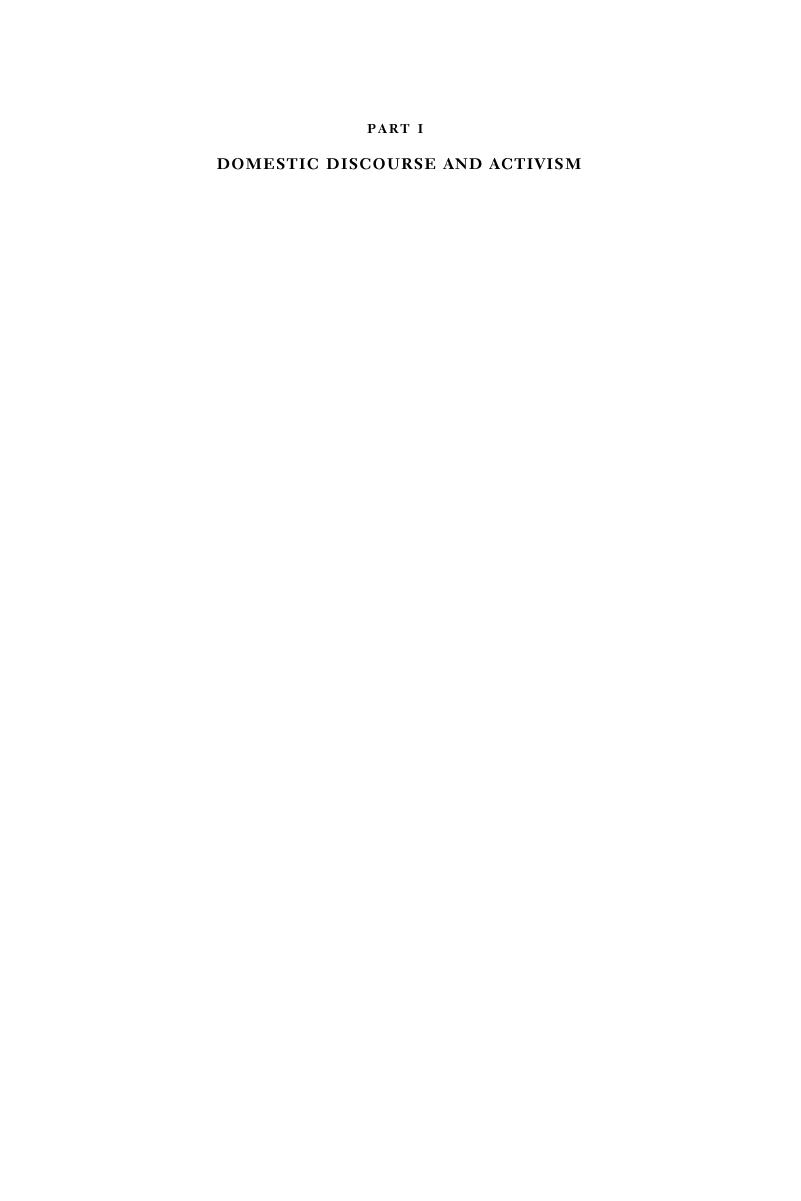Book contents
- North Korean Human Rights
- North Korean Human Rights
- Copyright page
- Dedication
- Contents
- Figures
- Tables
- Notes on Contributors
- Foreword
- Preface and Acknowledgments
- Note on Transliteration
- Abbreviations
- 1 Adaptive Activism
- Part I Domestic Discourse and Activism
- Part II Transnational Networks
- Part III North Korean Voices
- Index
- References
Part I - Domestic Discourse and Activism
Published online by Cambridge University Press: 02 August 2018
- North Korean Human Rights
- North Korean Human Rights
- Copyright page
- Dedication
- Contents
- Figures
- Tables
- Notes on Contributors
- Foreword
- Preface and Acknowledgments
- Note on Transliteration
- Abbreviations
- 1 Adaptive Activism
- Part I Domestic Discourse and Activism
- Part II Transnational Networks
- Part III North Korean Voices
- Index
- References
Summary

- Type
- Chapter
- Information
- North Korean Human RightsActivists and Networks, pp. 29 - 128Publisher: Cambridge University PressPrint publication year: 2018

